Unpaid wages and kids with guns: Inside the erratic world of Chinese pro sports
Warning: Story contains coarse language
Jordan Crawford found it hard to sleep after spotting them through his bedroom window. They patrolled the property 24 hours a day, carrying assault rifles, smoking cigarettes, and walking dogs.
They greeted him each morning as he made his way to practice and Crawford sensed an innocence in their smiles. He believes some of the gun-toting security guards were as young as 14.
"The owner of the team is, like, one of the 15 richest people in China, so he had his own mansion and then he had the old mansion in which we lived in," Crawford told theScore about Sun Guangxin, a former army officer who made a fortune in real estate. "I think it's just for protection for him, you know."
Crawford first experienced the world of Chinese pro sports when he signed with the Xinjiang Flying Tigers in 2014.
His decision to move to a cold, northwestern outpost of the country - at age 25 and after 257 NBA appearances - was an emotional one. The shooting guard logged a career-high 41 points in the Golden State Warriors' final game of the 2013-14 regular season and, despite the first-round exit that followed in the playoffs, he had a firm idea of his worth. It was time to get paid.
"I was coming off a good year in the NBA and I was expecting to get the money I felt that I deserved," Crawford recalled. "Things didn't happen exactly that way.
"Once I noticed the amount of money China was giving out for the short period of time, I just felt that was what I deserved."
Crawford signed a €2-million short-term contract with the Flying Tigers, where standards were lower - unsurprisingly - compared to his experiences with the Atlanta Hawks, Washington Wizards, Boston Celtics, and Warriors. The basketball itself had its own quirks - restrictions on non-Chinese players created a game within the game.
"You always face a lot of good competition when you face the other two Americans," Crawford said. "So it was kind of like a two-on-two battle inside the five-on-five."
"The arenas are packed," he added about fan culture. "They really love the NBA game, so to get players from America to come over there, they really be loving the foreigner players."
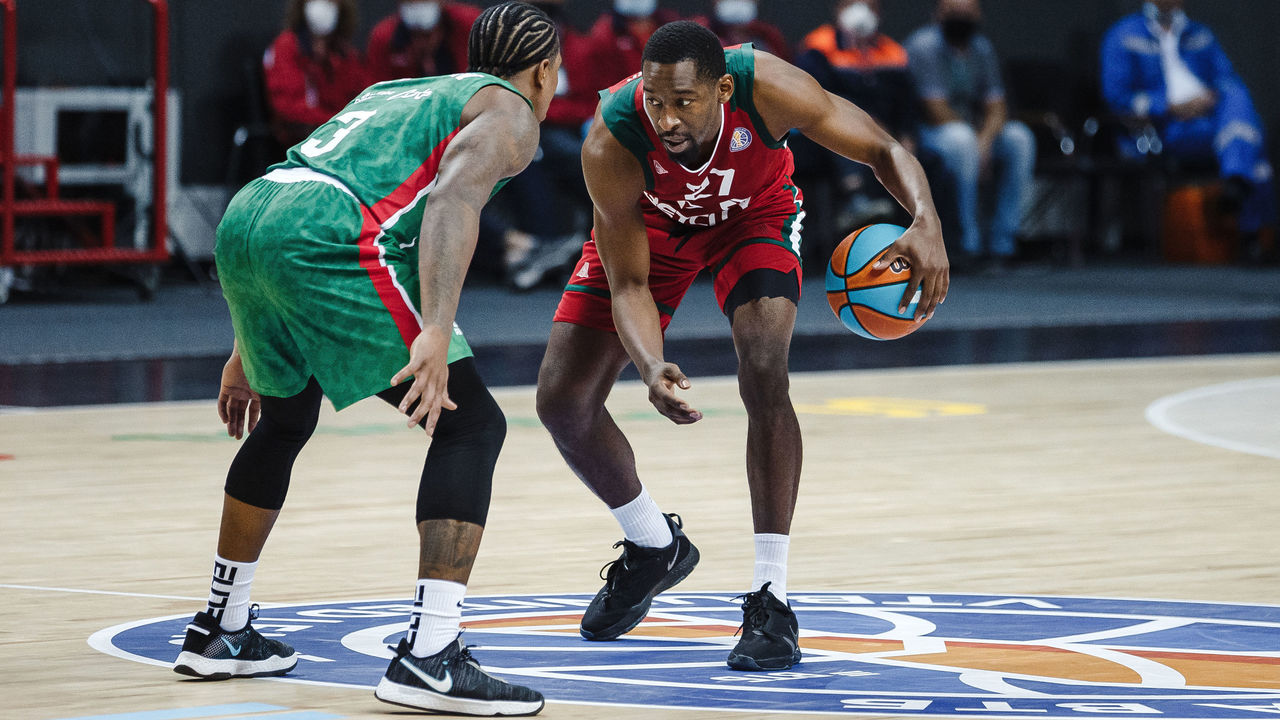
Crawford was already well-known to the basketball-loving public, but he found he grew in the supporters' affections as he embraced Chinese culture. He respected how the country wasn't occupied by American affairs, delighted in its cuisine, and reveled in the playful, "big kid" sense of humor of his domestic teammates.
Crawford and Andray Blatche, the New York native formerly of the Wizards and Brooklyn Nets, resided in separate rooms in the Flying Tigers owner's lavish former home. The rest of the squad shared two-bed "college dormitory-type" rooms above the gym. Crawford felt awkward about the privileges he enjoyed as one of the team's two star imports, but he didn't experience any negativity from his Chinese colleagues.
"They love being around you, they love learning," Crawford explained. "They know we played in the NBA and that's everybody's dream, so they always just watched what we did."
Crawford felt isolated at the Flying Tigers' base due to it being "in the middle of nowhere" - the closest rival in the Chinese Basketball Association was based over 1,500 miles away in Shanxi. Days would drag. But throughout his next two stints in China, with Tianjin Ronggang during the 2015-16 season and the Sichuan Blue Whales in 2019, he regularly drew unwanted attention when he was out in public.
"When you were walking around, you go to grocery stores, they stare at you. I had to get used to that," Crawford remembered. "Sometimes it was frustrating; people looking at you like they never seen anything like you."
However, Crawford felt more at home as a Black man in China than he currently does in Russia, where he plays for Lokomotiv Kuban of the VTB United League (based in Krasnodar, in the south). Somehow, the stares in China seem different. "I thought like they looked (at me) more as American rather than Black because, I mean, some of the Chinese people, their skin is kind of dark, too," he said.
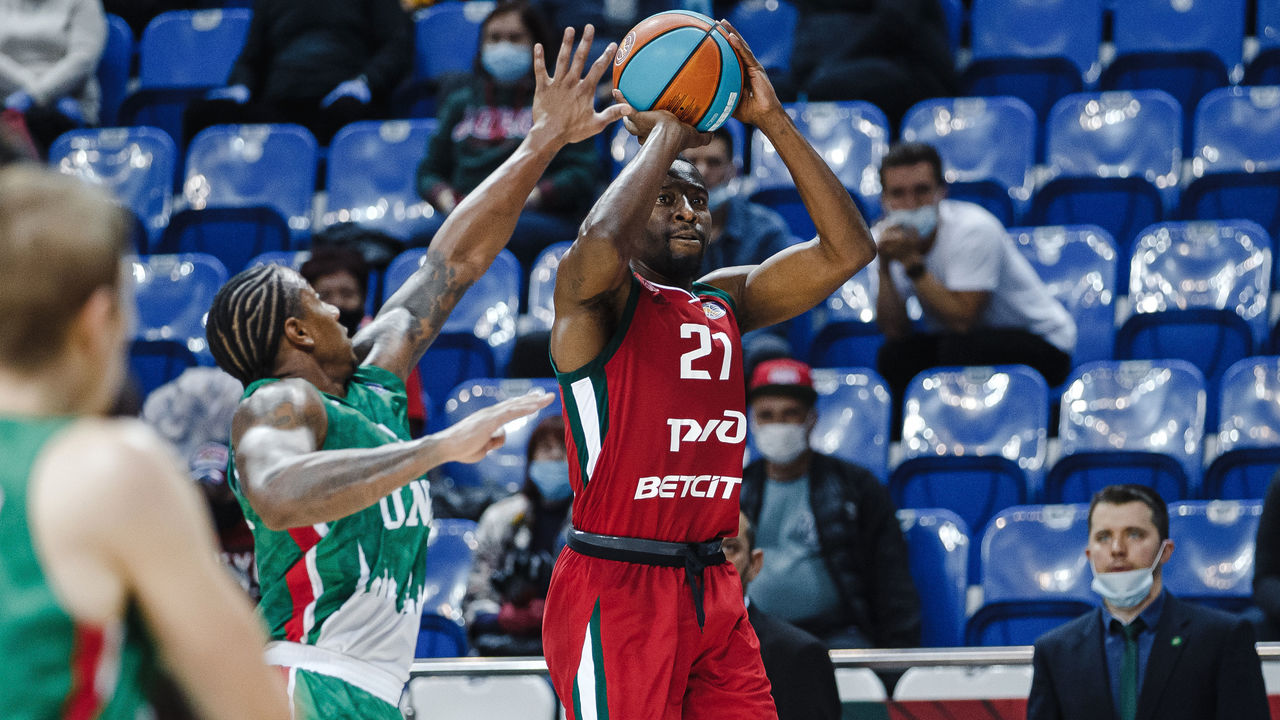
China's pros far outweigh the cons for Crawford, and he would like to return to the country for a fourth time.
"I've always been in good situations over there," he said. "They always treated you like royalty, almost."
'They can destroy your career'
Not all athletes have felt that kind of respect in China.
Yves Ekwalla went for his family. His career was on the rise when he marshaled Buriram United's defense in the Asian Champions League, but the riches on offer in China's second division would secure a better future for his loved ones in Cameroon. Leaving Thailand was the only option.
But soon after he arrived in Chongqing in southwestern China, where he played for Chongqing Dangdai Lifan in 2013, he began to realize how much of a personal sacrifice he'd made.
"People were coming to me just to touch my skin," Ekwalla said. "I was shocked."
Ekwalla says groups of locals would stare, laugh, or change direction after seeing him. He remembers calling his mom when a woman seemed frightened of him in a mall. He felt so uncomfortable that he preferred to stay indoors, driving everywhere and parking as close to his destination as possible to avoid scrutiny for being Black.
The pitch was Ekwalla's sanctuary. The defender's knack for scoring was rewarded with a forward role at his second club in China, Qingdao Huanghai, in 2015, and he continued to plunder goals through his subsequent stints with Guizhou Hengfeng, Xinjiang Tianshan Leopard, and Dalian Transcendence.
Ekwalla helped Guizhou Hengfeng win promotion from the second tier and into the Chinese Super League in 2016, but he never got the chance to play in the nation's top division. Guizhou's rejection still burns.
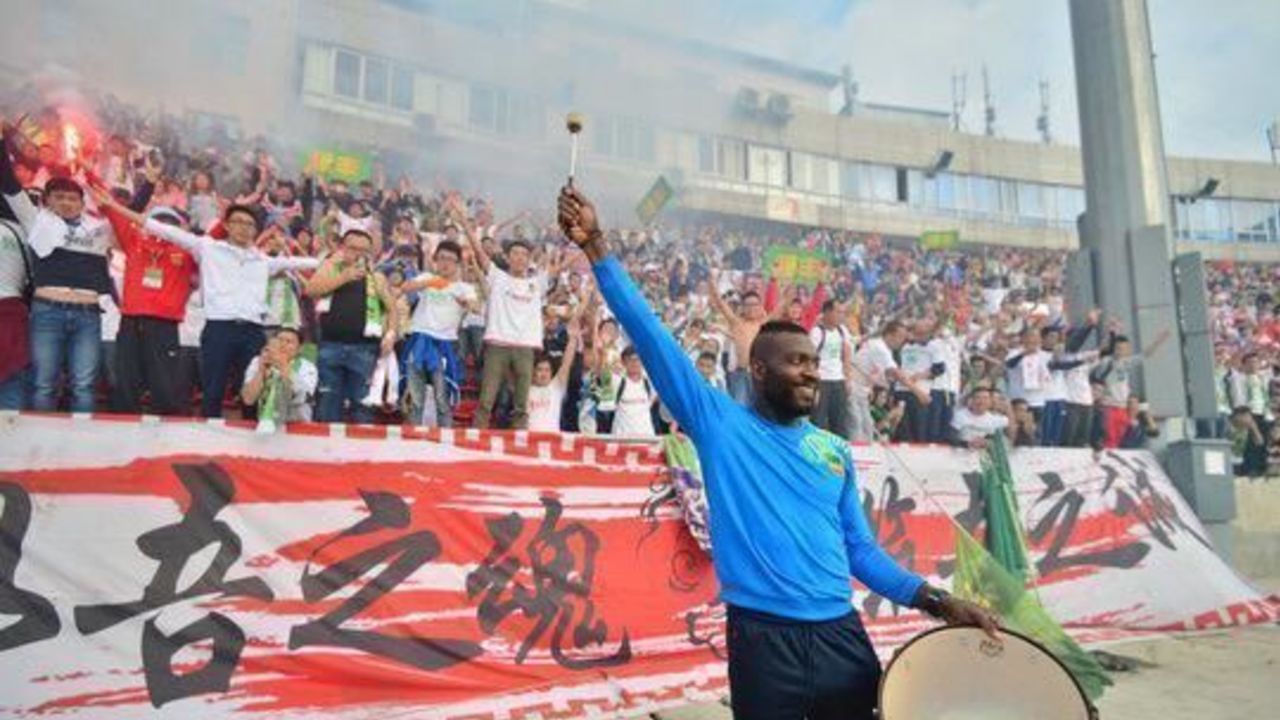
"The translator just text me, 'The manager says you don't have to come back. You have to find another team.' It was January when I was preparing to go back," Ekwalla said.
Ekwalla stressed to the translator, who was speaking on behalf of Chinese coach Li Bing, that he remained under contract and was entitled to his salary and to train while he looked for another club. However, two days later, the translator reiterated his message.
"I speak to my agent and we travel to China quickly," Ekwalla said. "I got into the city and they don't even allow me into training. I was like, 'What I did bad?' I didn't do nothing. I just had my contract."
Former Croatian international Nikica Jelavic arrived a week after Ekwalla's exit that February. At the time, Chinese Super League clubs were sending shockwaves through world soccer by striking expensive deals for recognized, Europe-based players to honor a government-backed project to grow the sport.
It seemed Ekwalla didn't fit the bill.
Ekwalla spent the next year with Xinjiang Tianshan Leopard. He was popular with management and felt "free" among Urumqi's predominantly Islamic population, but took a chance by joining Dalian Transcendence when his contract expired in 2018. His decision backfired, and emphatically so.
Eldar Hasanovic was at Dalian for eight months before Ekwalla arrived, so he was already aware of how the club operated. Hasanovic suspects it was the poorest in the division, and the fact his salary came in dribs and drabs corroborated his view. "Every year, the target was just to survive," he told theScore.
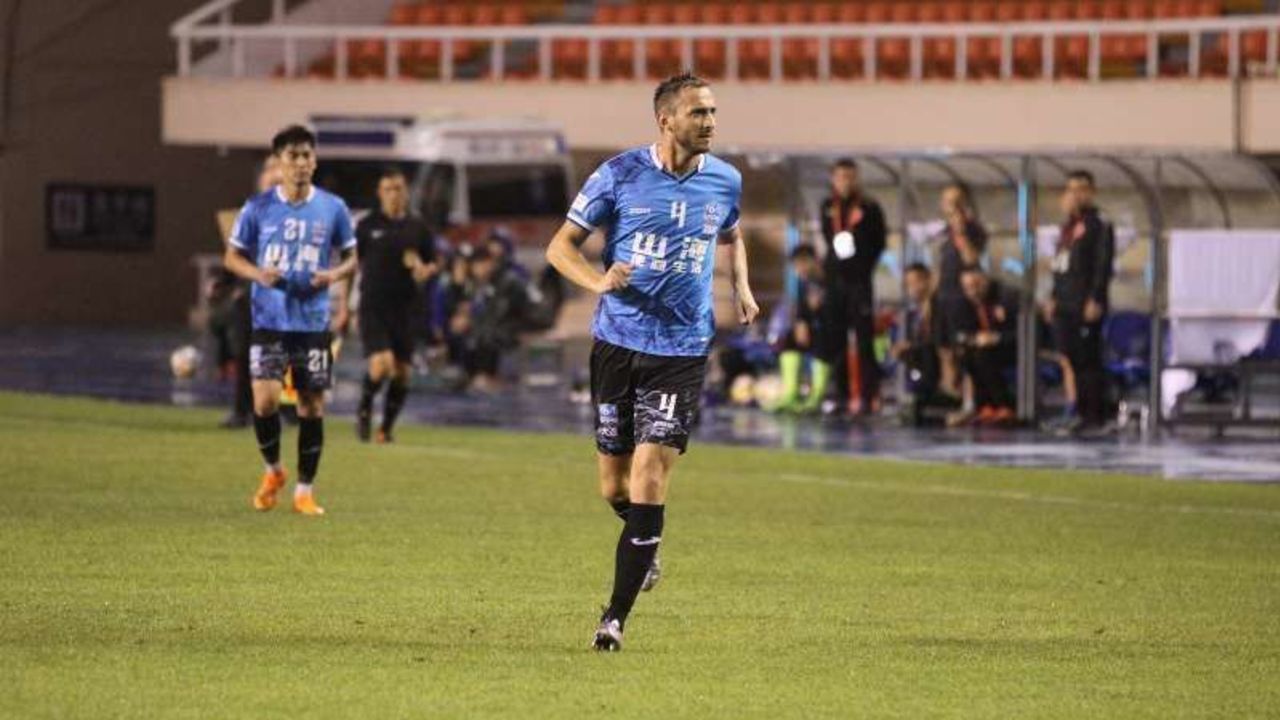
The Bosnian midfielder was eventually paid in full for the 2017 campaign, but the club's resources soon dried up. He recalls being paid two salaries and receiving five or six bonuses over the 2018 season, but Ekwalla maintains he received nothing from Dalian.
"I have $25,000-$30,000 every month and I don't receive one," Ekwalla bristled. "I have to pay my rent out of my fucking money, I have to pay my car, I have to pay my insurance, I have to do a lot of things by myself. And I'm using my money. For six months, I use my money to live in China. I have like this high life before, I have to use my money."
Ekwalla refused to play for free after half a year with Dalian, but Hasanovic held on for longer. "Because of the experience that I had the year before - they didn't pay, they didn't pay, and then they'd pay everything in one day - you believe that they will pay eventually," he said.
Dalian folded altogether in January 2019, and the club's former players are yet to retrieve their lost earnings; each football or government body maintains it cannot handle the case. Hasanovic, who is looking for a new club after the coronavirus pandemic prematurely ended a spell in Indonesia, says FIFA told him to pursue his wages with the Chinese Football Association (CFA). Then the CFA allegedly said it was the responsibility of Dalian's local court to sort out, while the court referred Hasanovic back to the CFA.
Hasanovic attributes much of his and Ekwalla's situation in 2018 to "really bad luck." The contract he signed at Dalian was the biggest of his career, and he was impressed by the facilities and competitiveness of China's second tier.
"For sure, if you speak with 80% or even 90% of players or any athletes, they will say that China is paradise," he shared.
Ekwalla, meanwhile, hasn't given up on his career. The 30-year-old's always appreciated the peace and changeable weather of Canada, so he moved into an apartment close to friends in Longueuil, Quebec, in June. Between training sessions with a local soccer club and restorative walks in nearby Montreal, he devotes his time to exploring ways back into the professional game.
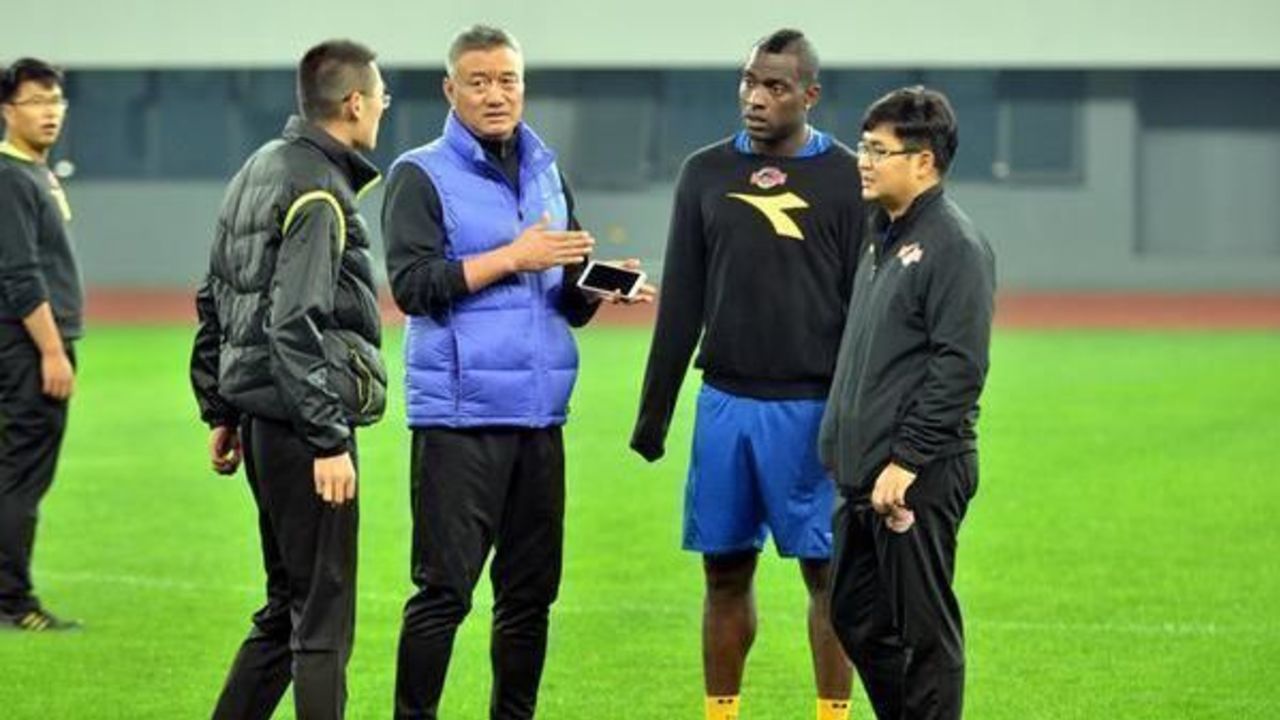
His existence in Canada sounds rather serene compared to the hardships he suffered in China, but those wounds are far from healed.
"Because I was Black, because I was Cameroonian, because I was not having an international career, because I don't have a French passport, an American passport, whatever, they disrespect me," Ekwalla said.
"They don't even care about you, they just use you and they can destroy your career. They treated me like shit."
Paradise
Crawford wasn't immune from contract issues. When a severe eye infection prematurely ended his time with the Xinjiang Flying Tigers after five games, he said the team tried to shortchange him by at least $400,000. With FIBA's backing, Crawford was eventually paid the money he was owed.
"These people are very rich over there in China so when they feel something isn't going their way, they will act accordingly," Crawford said. "They've got a mob, gangster vibe a little bit."
The 32-year-old admits his decision to leave for East Asia was irrational, one hastily made after he didn't get the appreciation and salary he felt he deserved from the NBA. His unconventional switch from California to Xinjiang taught him to take time to consider his options in the future.
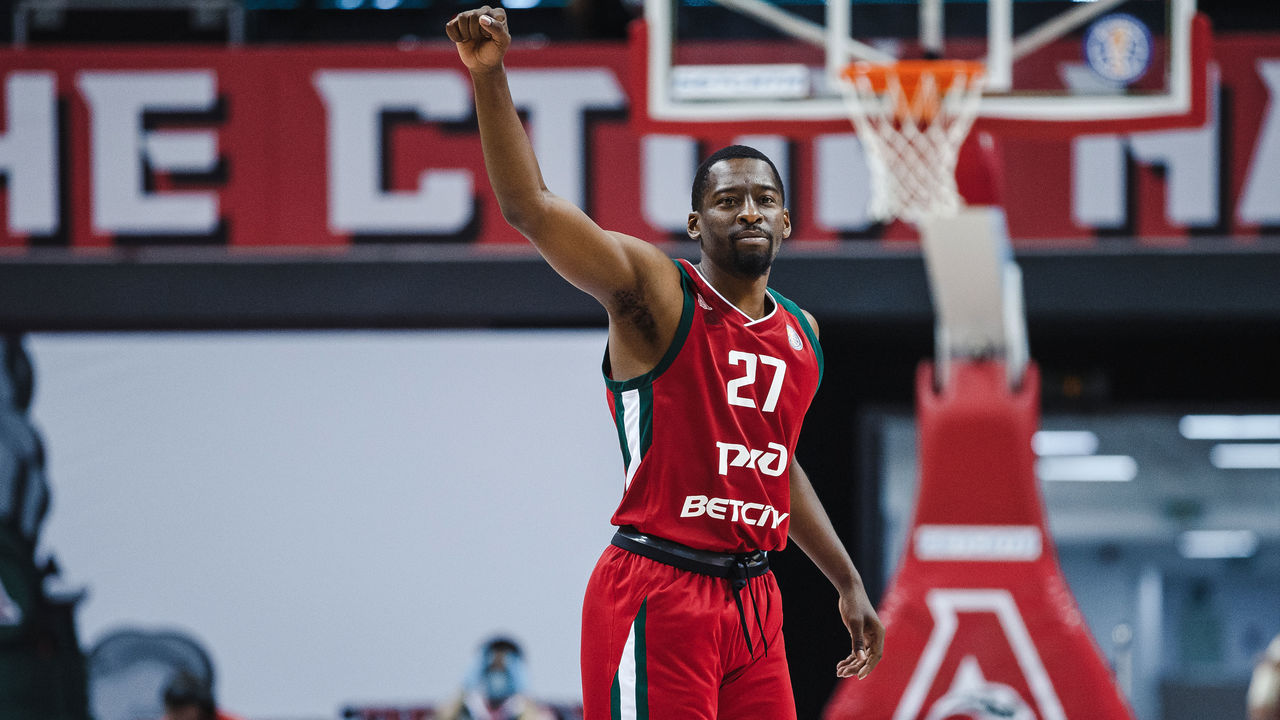
But Crawford did find his paradise in China, and he doesn't regret his other spells in Israel, Germany, and Russia.
"The NBA is beautiful and I would've loved playing (in the) NBA my whole career, but it also pigeonholes you and puts you in one perspective," Crawford said. "It turns you into a baby almost in terms of knowing the world."
Crawford cites the NBA's tours to China, when the players are often confined to hotels and only venture out as a team, as an example of the way a professional athlete's pampered lifestyle can inhibit freedoms. How can an NBA star truly understand what it's like to live in a country from a regulated, league-organized visit?
Crawford cherishes the memories he made when he had the liberty to explore cities across China.
"It's moments that I would've never had experienced being a Black person like myself from the inner city," the Detroit native said. "To just be hanging out in Shanghai by myself and things like that ...
"It's a beautiful place to be and learn."
HEADLINES
- Leicester thrash Southampton to move closer to Premier League return
- Leeds' promotion push back on track after 7-goal thriller at Boro
- Cardiff claim losses of €120M after dispute over Sala's death
- Man Utd avoid epic collapse, reach FA Cup final after PKs
- Championship roundup: Leicester close in on promotion, Southampton stumble